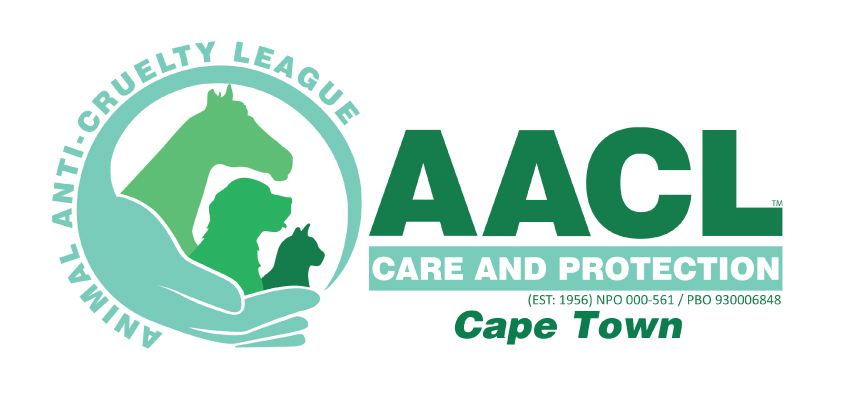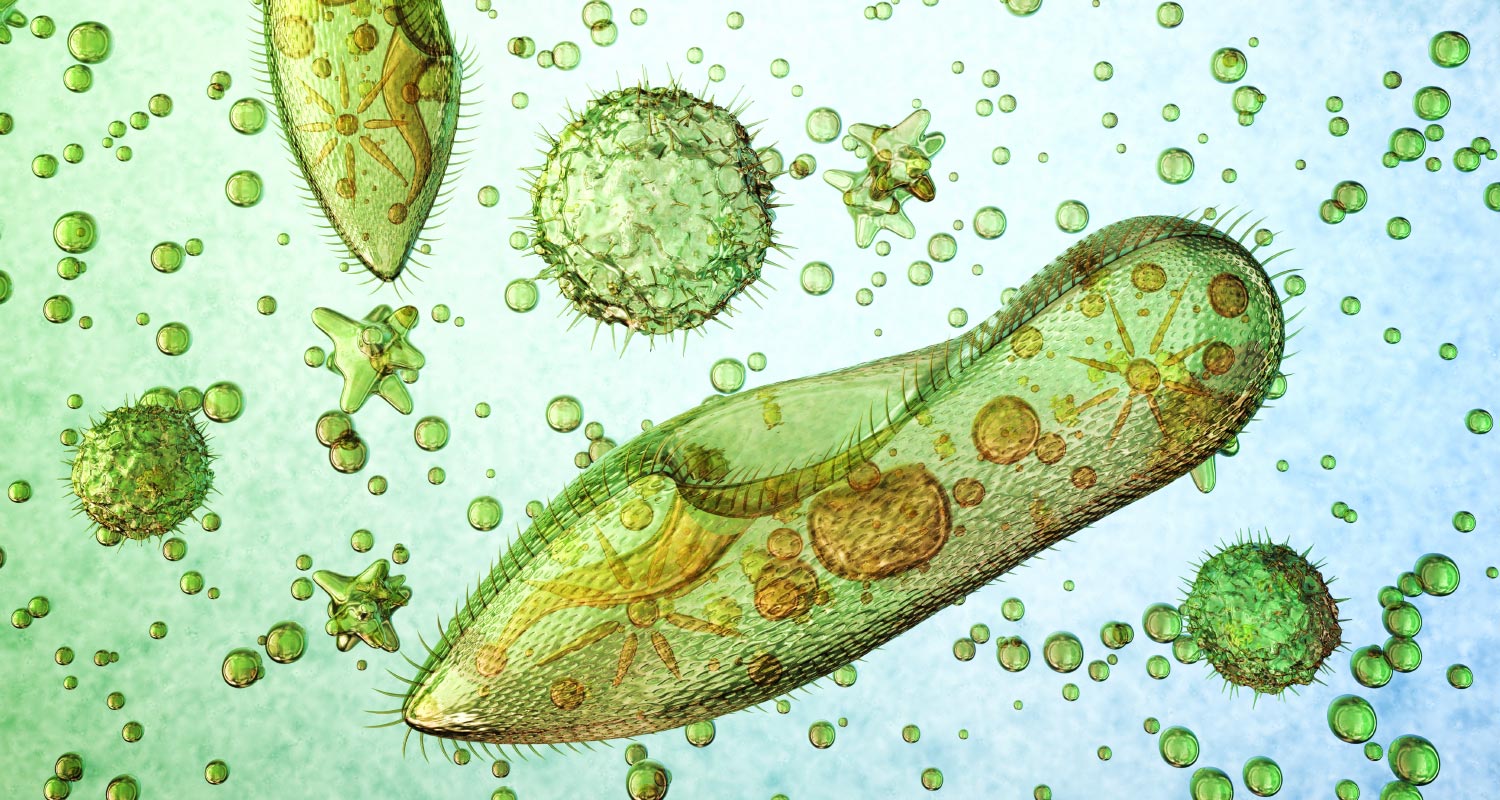HEALTH & WELLNESS

TRENDING

We’re excited and honoured to feature South Africa’s second largest independent animal welfare organisation on PetlifeSA.
WORMS IN CATS: INTESTINAL PARASITIC INFESTATION

INTESTINAL PARASITES
Intestinal parasites are organisms that live in the gastrointestinal tract (gut) of animals and humans. When a parasite enters a cat and starts living in the gastrointestinal (GI) tract it’s called an intestinal parasitic infestation.
A cat will most likely get intestinal worms at some point in their life. Cats can get worms in a variety of ways such as:
- Coming into contact with egg-infested feces.
- Hunting rodents or other animals that have worm larvae living in their tissues. After eating the rodent and ingesting the infested tissue, the worm larvae grow into worms in the cat’s intestines.
- Eating fleas that carry tapeworm larvae.
- Direct penetration of the skin by certain hookworm larvae.
- Nursing from a parasite infested mother (kittens can get some types of roundworms in this manner).
Common Intestinal Parasites
There are several types of intestinal parasites that cause problems in cats. The most common are listed below:
- Roundworms live in the intestines. They do not need an intermediate host to spread from cat to cat, but can be transmitted by ingesting the eggs that are passed in the feces of an infested cat.
- Hookworms attach to the lining of the small intestine and feed on blood.
- Tapeworms need an intermediate host, such as a flea, a bird, or rodent in order to complete their life cycle. A cat cannot get tapeworms directly from another cat but by eating an infested flea. Tapeworms cause few problems in an adult cat, but can cause digestive upset and inability to thrive in kittens.
Are these Parasitic Infestations Serious in Cats?
In young cats intestinal worms can cause serious problems:
- Hookworms can cause anemia
- Roundworms can lead to poor growth and development
- Tapeworms can also accumulate, leading to intestinal obstruction
In adult cats intestinal parasites are only occasionally life-threatening.
Kittens or adult cats with a weakened immune system are more likely to experience severe intestinal parasitism and show clinical signs due to their worms.
Symptoms of Intestinal Parasitic Infestation
Some cats don’t show any or only a few signs of infestation, which may not even be obvious. In severe cases, symptoms can include:
- Fever
- Tremors
- Anemia
- Dull coat
- Confusion
- Weakness
- Dehydration
- Abdominal swelling
- Dry nose and mouth
- Weight loss or anorexia
- Pale mucous membranes
- Watery and/or bloody stool
- Vomiting and/or diarrhea
- Reduced or lack of appetite
- Reluctant or unable to exercise
- Inability to control bowel movements
SEVERE DEHYDRATION OR ANEMIA CAN CAUSE ORGAN FAILURE AND DEATH.
Which Cats are Most at Risk of Intestinal Parasitic Infestation?
Cats most at risk are those:
- In shelters
- That have fleas
- That hunt and eat rodents
- That eat feces of infested cats
- That frequent grooming centres
- In catteries or boarding facilities
- Frequently exposed to soil where other animals defecate
- That don’t receive regular parasite control treatment (especially kittens and debilitated cats)
Why Treating Intestinal Parasitic Infestation is Important
- Infestations weaken the immune system
- Untreated infestations put animals and people at risk
- Infestations can lead to serious (sometimes life-threatening) health problems
- The effects of an infestation can be very painful and cause suffering
What to Do if You Think Your Cat has an Intestinal Parasitic Infestation
It’s important to contact your veterinarian as soon as symptoms appear. If intestinal parasitic infestation is diagnosed, treatment should start immediately.
There are specific treatments for some parasites, so don’t try to treat your pet without a veterinarian’s instructions. There are different deworming medications and some can be harmful if administered incorrectly or unnecessarily.
Related Articles









